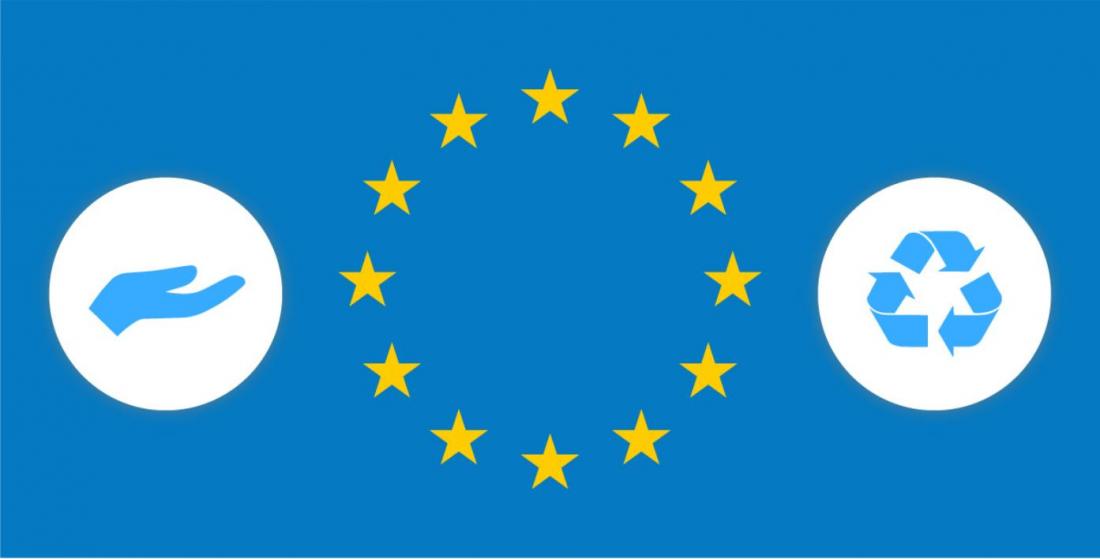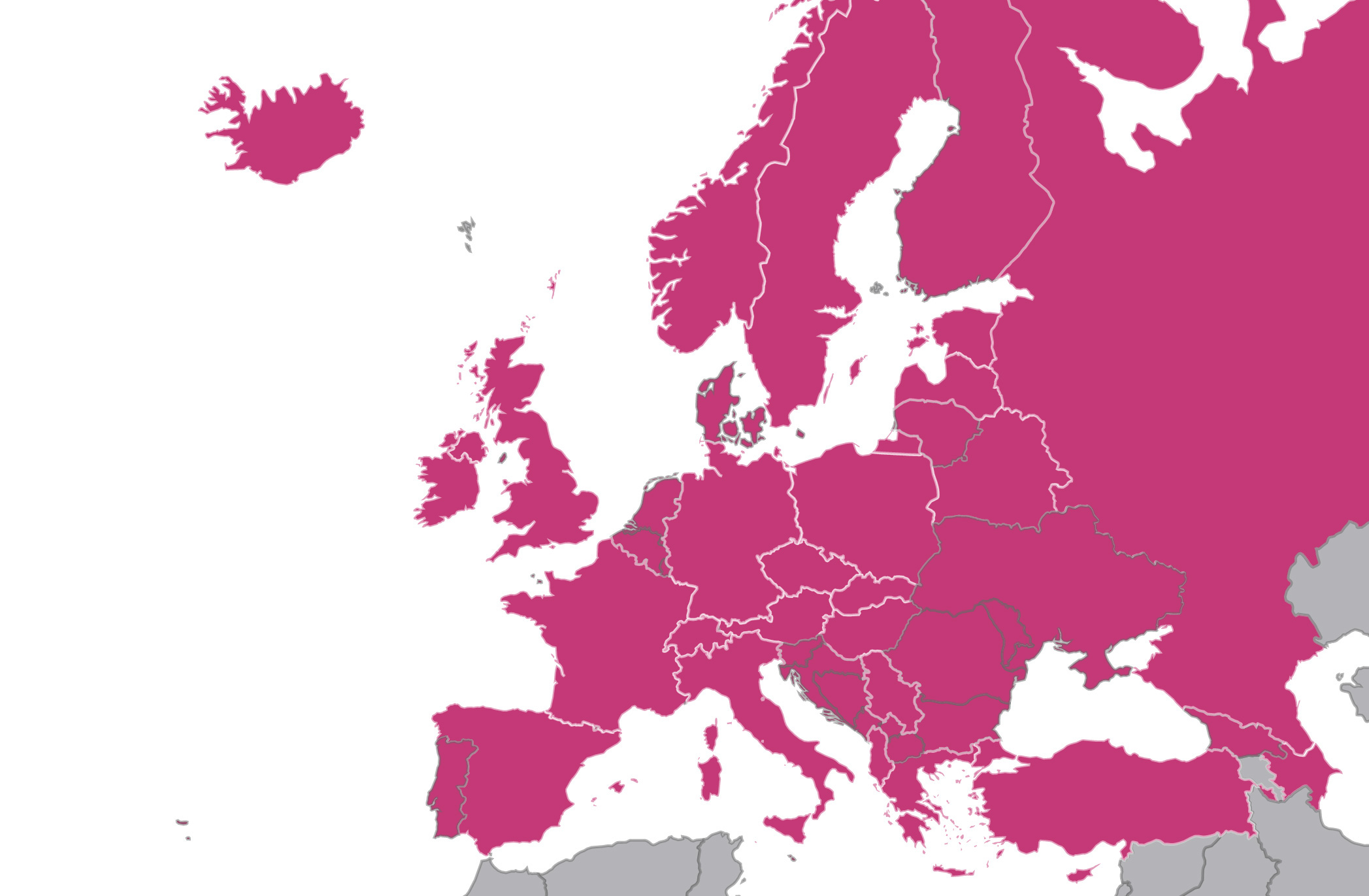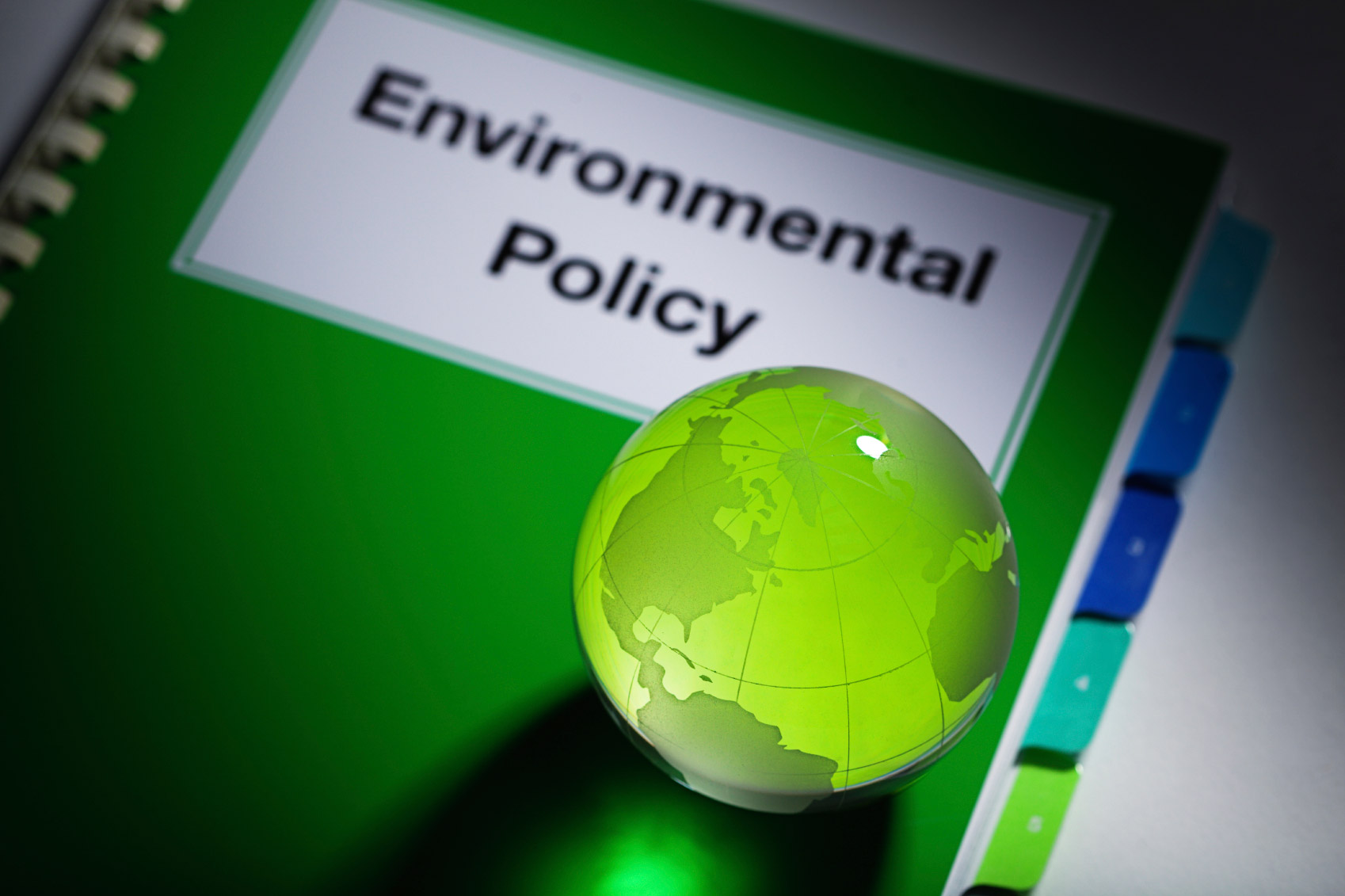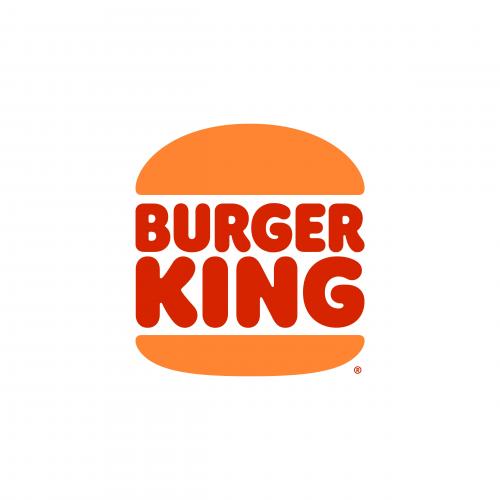
A more balanced approach to packaging in the food service sector
In this regard, we have a number of concerns about the latest draft guidelines regarding the definitions and scope of Directive (EU) 2019/904, which were recently circulated to member state governments. We believe that new elements, which have the potential to massively extend the scope of certain provisions, seriously impacting both businesses and consumers, have been introduced to the draft without consultation with stakeholders, despite assurances during the latest round of consultation workshops that this would happen. Therefore, we urge the Commission to involve stakeholders in further consultations on such new elements, in consideration of the complexity of the matter and the potential serious consequences for consumers, businesses and the single market. We respectfully submit that it is imperative that the Commission take the time to seek and properly assess stakeholder feedback rather than rush out a document that will have unintended consequences in practice.
Serving Europe and its members fully support and remain committed to the objectives of Directive (EU) 2019/904 to reduce the presence of plastics litter in the oceans. To reach this objective, while continuing to ensure the health and safety of European consumers, it is crucial that the Commission recognises the synergy in practice between safe and sustainable single-use packaging and safe and sustainable reuse systems.
Society needs to move forward and find the right balance between single use and reuse that is truly sustainable – that means economically and socially, as well as environmentally. This implies ensuring that hygiene and health are not compromised, especially as we emerge from this unprecedented health crisis. We feel that the foodservice sector’s concerns about hygiene are continually deflected by the Commission as not relevant or not of particular concern every time they are raised. EU legislation needs to ensure access to both safe single use packaging and safe reuse systems and not place an obligation on operators in the quick service sector to accept potentially unsafe solutions.
We look forward to being able to work further with the Commission on this important topic. In the meantime, we earnestly request that its services take the time to assess the impacts of the latest draft guidelines rather than push out recommendations that risk unintended consequences.
For more information, please see the two letters sent to the European Commission's President and the Waste and Natural Resources unit.
























